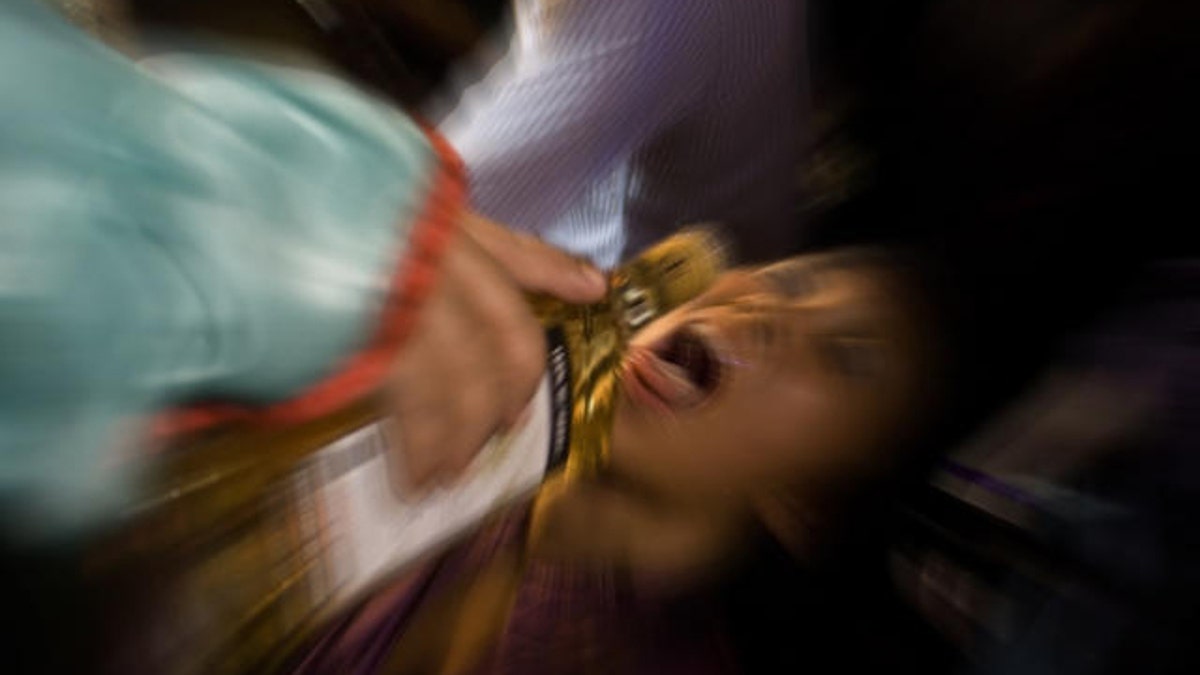
(AP)
One in four high school students and adults ages 18 to 34 engaged in binge drinking in the past month, putting themselves and those around them at risk, U.S. government researchers said on Tuesday.
They said that among high school students who drink, 60 percent say they binge drink, which the U.S. Centers for Disease Control and Prevention defines as four or more drinks for women and five or more drinks for men over the span of a few hours.
Men in the study were more than twice as likely as women to binge drink, with 21 percent of men reporting binge drinking, compared with 10 percent of women.
And binge drinking was more common among whites than blacks, with 16 percent of whites reporting binge drinking compared with 10 percent of blacks.
"Binge drinking increases many health risks, including fatal car crashes, contracting a sexually transmitted disease, dating violence and drug overdoses," CDC Director Dr. Thomas Frieden said in a statement.
While most binge drinkers are not alcoholics, they often take chances with alcohol without realizing the risks to their health or the danger they pose to others, said Dr. Robert Brewer, alcohol program leader at CDC and one of the authors of the report, one of the CDC's new monthly Vital Signs reports that highlight recent health statistics.
The team studied data on self-reported binge drinking within the prior month among about 412,000 U.S. adults aged 18 and older from a 2009 behavioral risk survey, and from among 16,000 U.S. students ages 14-18 from a youth behavior risk survey.
"Alarmingly, almost one in three adults and two in three high school students who drink alcohol also binge drink, which usually leads to intoxication," Brewer said in a statement.
Excessive drinking, including binge drinking, kills more than 79,000 people in the United States each year.
Binge drinking varies widely from state to state, ranging from 6.8 percent of adults who drink alcohol in Tennessee to 23.9 percent in Wisconsin.
Overall, a quarter of high school students and adults ages 18 to 34 engaged in binge drinking.
"States and communities need to consider further strategies to create an environment that discourages binge drinking," Brewer said in a statement.
In May the World Health Organization agreed on a plan to curb binge drinking and other forms of excessive alcohol use through guidelines that recommend higher taxes on alcoholic drinks and tighter marketing regulations.
The WHO estimates that risks linked to alcohol cause 2.5 million deaths a year from heart and liver disease, road accidents, suicides and cancers.
Drinking too much is the third-leading cause of premature deaths and disabilities worldwide.
